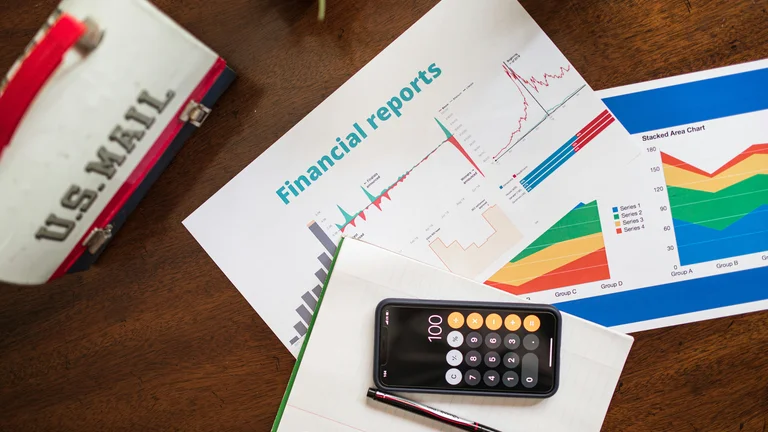Understanding Wine Investment

Investing in wine has gained popularity, offering several benefits. Wine appreciation often embodies a blend of culture, history, and investment opportunity. Fine wines can appreciate significantly over time when properly stored and selected. Factors to consider include region, vintage, and varietal. Wines from renowned regions such as Bordeaux, Burgundy, and Napa Valley often yield higher returns. Collectors seek wines with critical ratings, scarcity, and age potential. A well-curated portfolio can create significant value, making wine an intriguing asset class.
Whiskey as an Asset Class
Whiskey investing involves acquiring bottles or casks of spirits. This market has also seen substantial growth due to rising interest. Scotch, bourbon, and Japanese whiskies often attract attention from investors and collectors. The rarity of limited editions and old bottles contributes to their appreciation. Brands like Macallan and Yamazaki produce whiskies that command high prices. When investing in whiskey, attention to provenance and storage conditions is crucial to ensure asset integrity and value over time.
Investment Strategies for Wine and Whiskey
Several strategies exist when investing in either wine or whiskey. First, consider focusing on established brands with a track record of price appreciation. Second, conduct thorough research. Tracking market trends and auctions helps gauge demand. Additionally, networking with sommeliers and auction houses can reveal emerging opportunities. Keeping your collection diverse can mitigate risks while capturing various market segments. Some collectors choose thematic focuses, such as white wines from a specific region or rare whiskey releases, which can enhance portfolio value.
Risks and Challenges
Investing in wine and whiskey presents unique risks. Market volatility can lead to fluctuations in value due to changing consumer preferences and economic conditions. Another risk lies in fraud, particularly with high-value wines and whiskies. Collectors must authenticate products through reputable sources. Storage is also vital; improper conditions can degrade quality and diminish value. Investors should weigh risks against potential rewards, maintaining a long-term perspective to navigate market cycles effectively.
Future Trends in Wine and Whiskey Investment
The future of wine and whiskey investing appears promising. Increasing interest from millennials and Gen Z collectors is transforming market dynamics, with younger investors recognizing unique flavor profiles and traditional craftsmanship. Environmental concerns are shaping production practices, with organic and biodynamic wines gaining traction. Similarly, limited-edition releases in whiskey attract buyers. Technology also plays a role; platforms for purchasing, trading, and storing fine wines and spirits have become more accessible, enhancing market participation.
| Aspect | Wine Investment | Whiskey Investment |
|---|---|---|
| Primary Factors | Region, vintage, ratings | Brand reputation, cask age, rarity |
| Storage Requirements | Cool, dark cellars | Upright in cool spaces |
| Market Risks | Volatility, fraud | Market fluctuations, authenticity |
| Investment Growth | Long-term appreciation | Limited editions and rare finds |
| Collecting Strategy | Diverse, theme-focused collections | Curate based on trends, age, and rarity |
FAQ - Wine and Whiskey Investing
What should I look for when investing in wine?
Focus on factors such as the wine's provenance, region, vintage, and its critical ratings. Look for wines from reputable producers and popular regions, as these often appreciate in value.
Is whiskey a good investment?
Yes, whiskey has shown solid investment potential, particularly limited-edition bottles and well-regarded brands. Rarity and quality significantly drive appreciation.
How can I store my wine and whiskey investments?
Store wine in a cool, dark place with stable humidity. Whiskey should be kept upright to avoid cork degradation. Professional storage facilities are also an option for valuable collections.
What are the risks associated with wine and whiskey investing?
Risks include market volatility, potential for fraud, and issues related to storage. Research is essential to mitigate these risks and protect your investments.
How do I find current market trends in wine and whiskey?
Follow reputable wine and whiskey publications, auction houses, and market reports. Engaging with collectors and industry professionals can also provide insights.
Investing in wine and whiskey represents a unique opportunity for diversified portfolios. Factors like brand reputation and market trends significantly influence success. This asset class attracts attention for its potential appreciation and cultural significance.
Conclusão sobre Wine and Whiskey Investing.